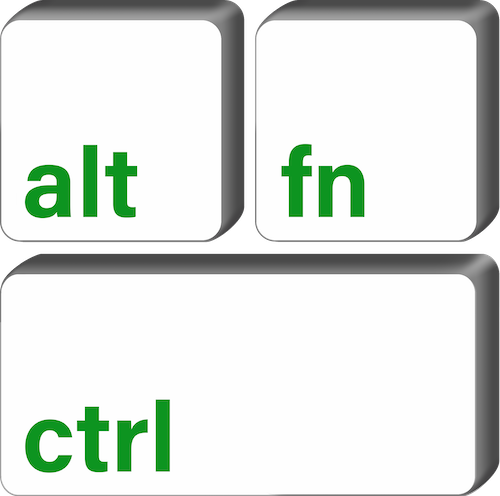User Rights
User rights or permissions empowers business with control. Information such as financial data, projects and ideas, and trade secrets are all highly sensitive assets. Carelessness or lack of control for this type of information could potentially lead to losses.
The reason for such control is to practice security and prevent flaws or wrongdoing. User rights or permission enables compartmentalizations. Much like a hierarchy structure of business - C levels, to general managers, supervisors, senior staff, staff etc, computer and network access should also be properly managed according to the titles or positions or their users.
For instance, an office boy shouldn’t have access to the electrical engineer room or the cleaning crew shouldn’t be given access to the server room. The very same idea applies to user access. Data is the mainframe of any business. Lack of management could lead to data breach. The less employees have access to, the less the leak. There is no reason an accountant should have access to engineer files pertaining to ongoing projects. Vice versa, no reasons an engineer should be granted access to finance department files such as material costs the very engineers use or how much their colleagues earn. Trade secrets get leaked all the time. Read about the 4 common ways employees leak data.
Furthermore, limitation on user access has another upside that business owners often overlook. The less an employee can access, the less data hackers can get their hands on in case their computer gets compromised. An infected computer isn’t always an office computer. As more and more businesses favor remote work to cut operation cost (read about the pros and cons of remote working here), mobile warriors or remote users dial into the office network to access resources. A compromised home computer can give direct access to a company resources as well.



